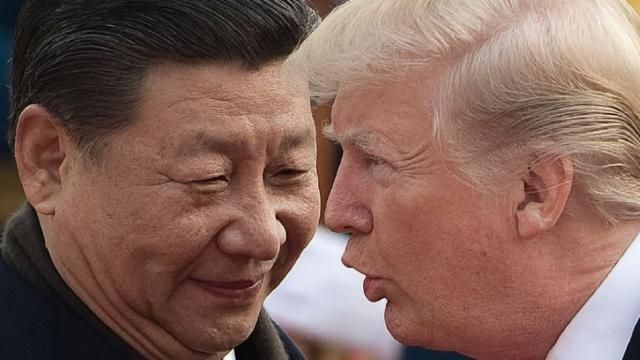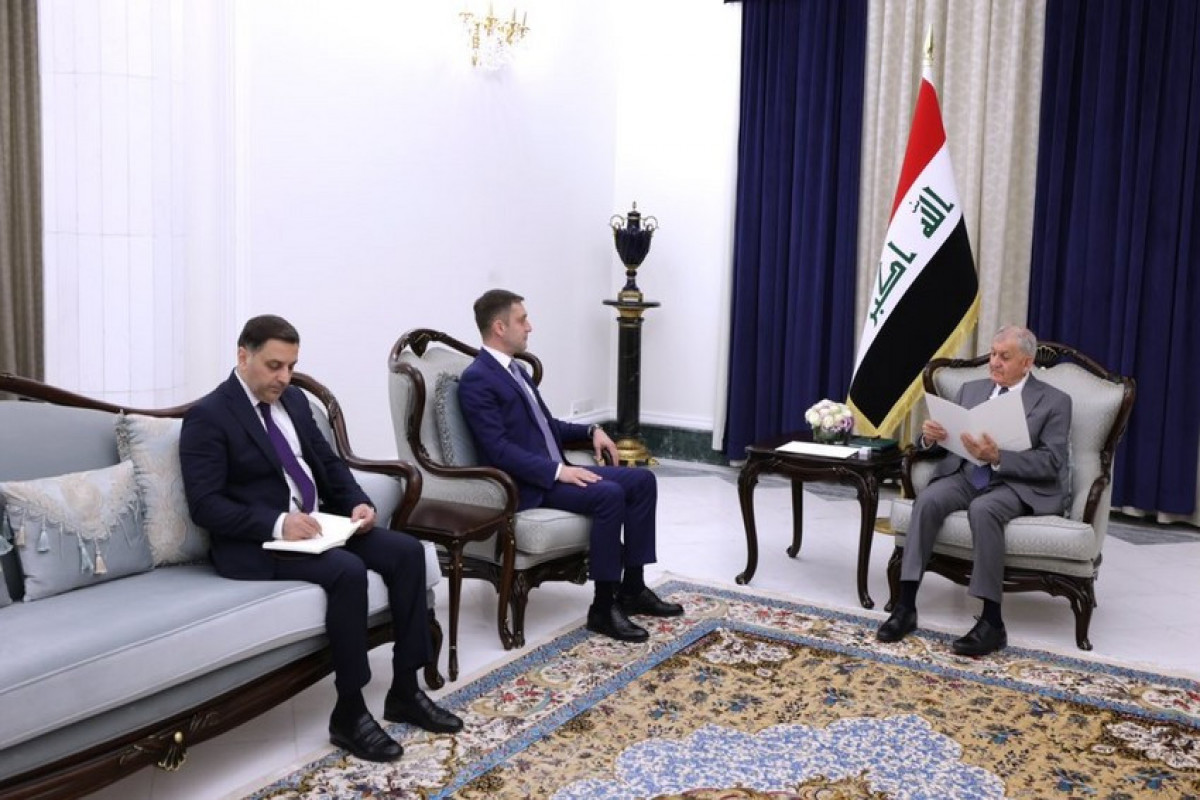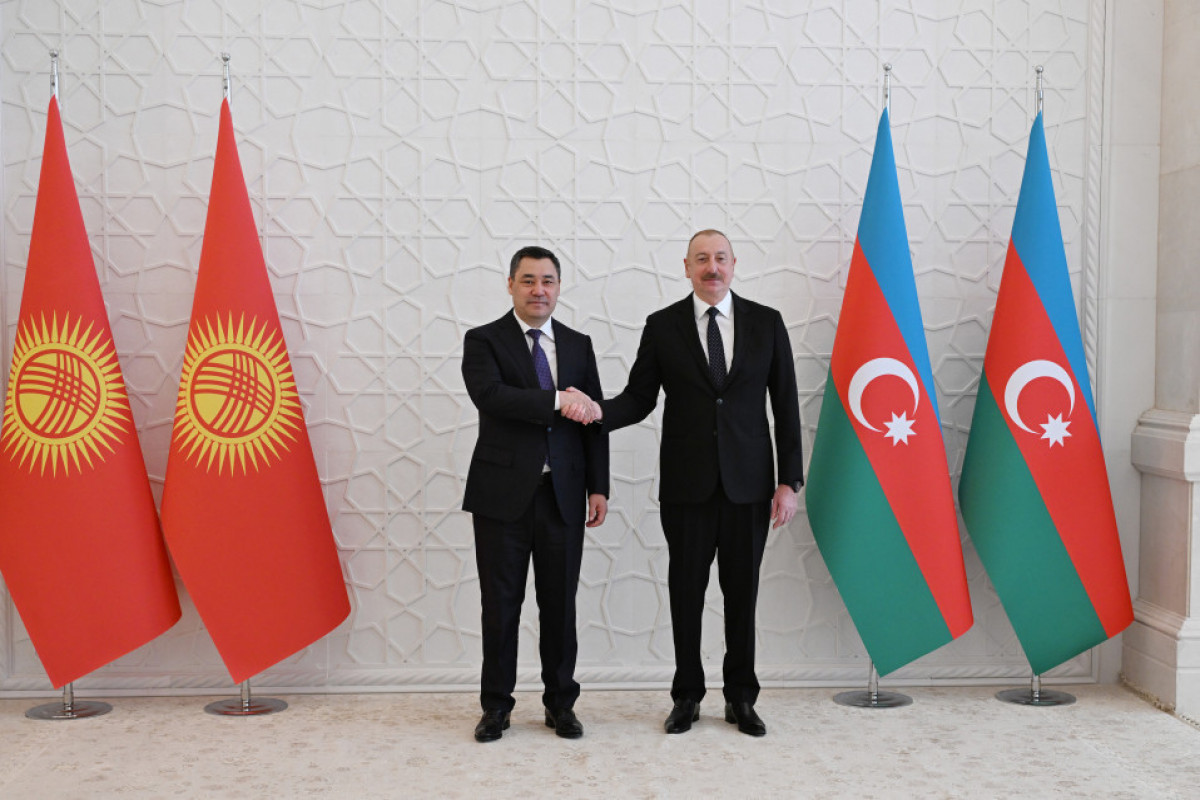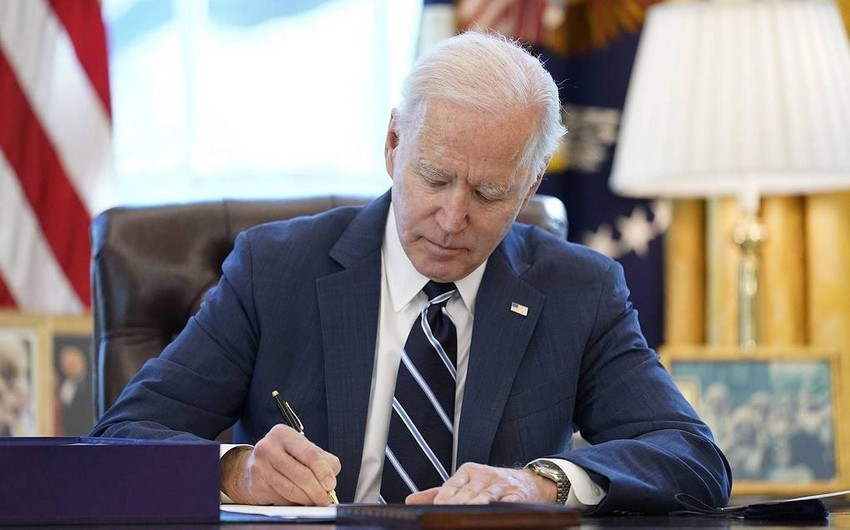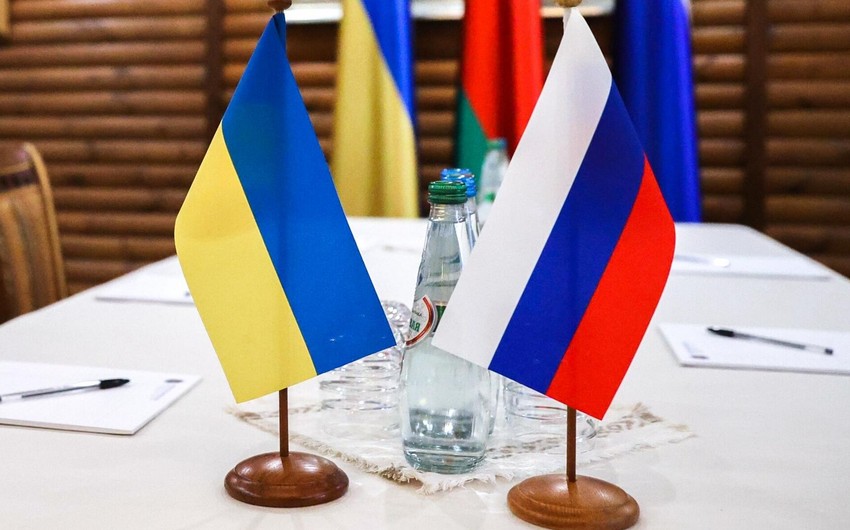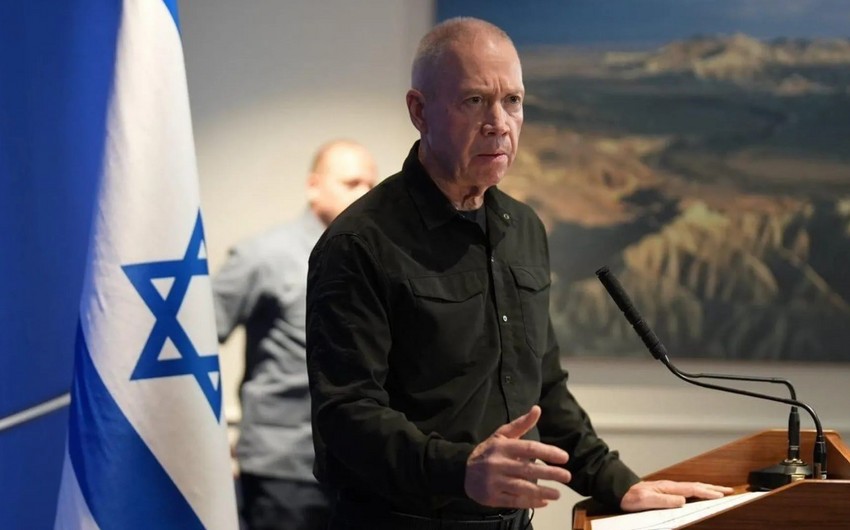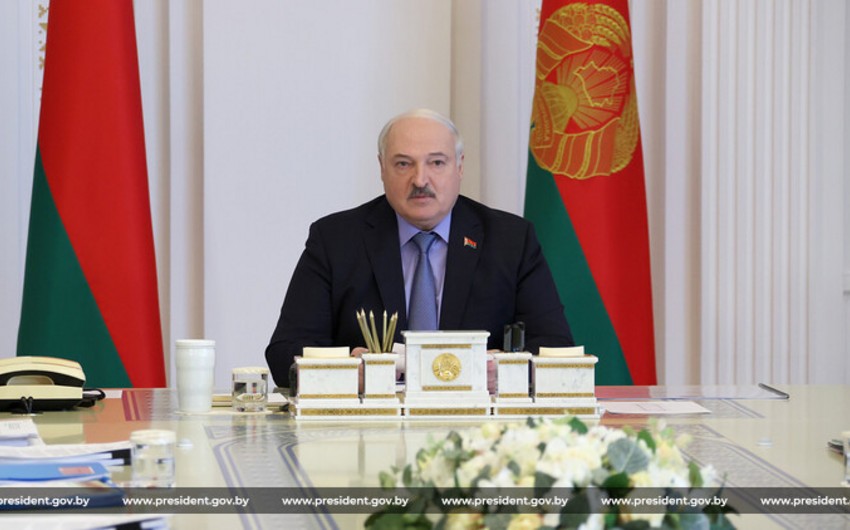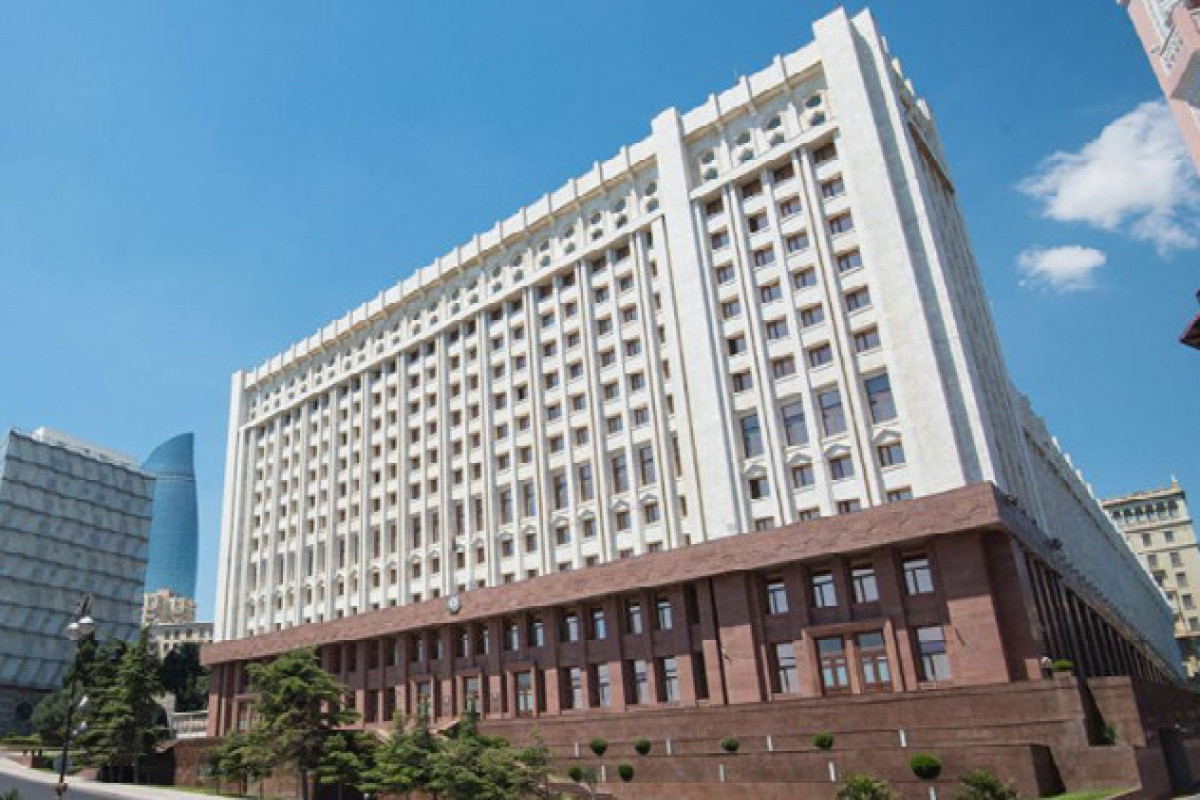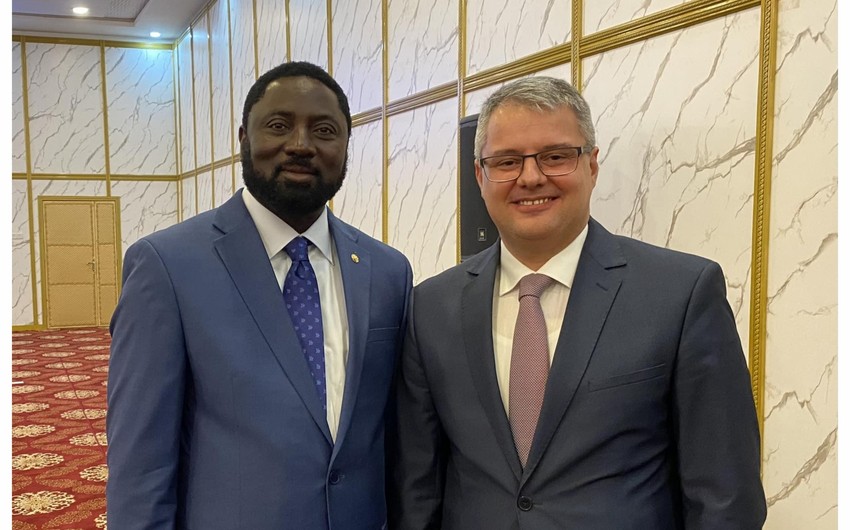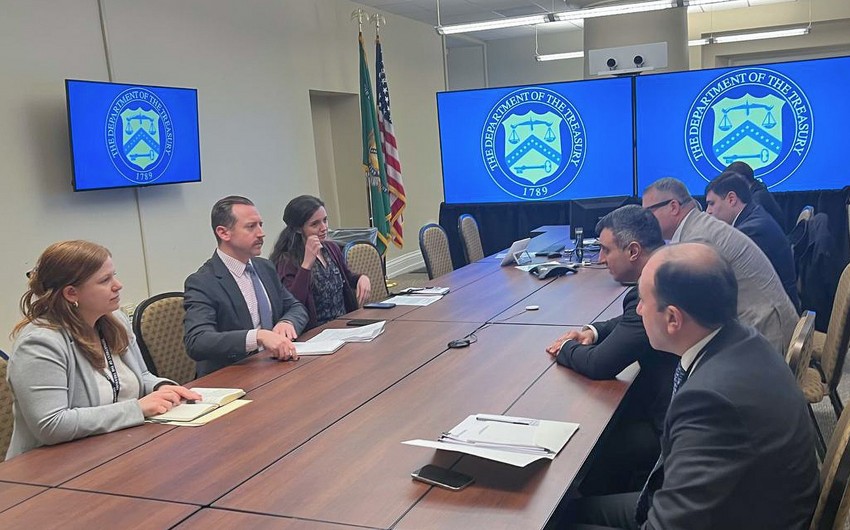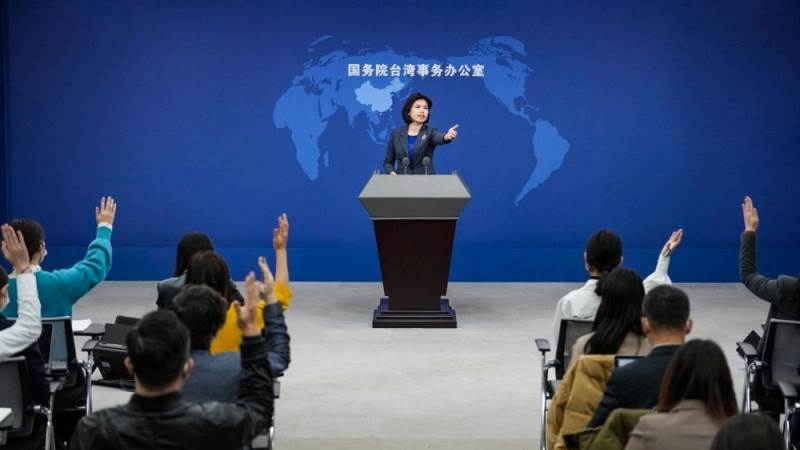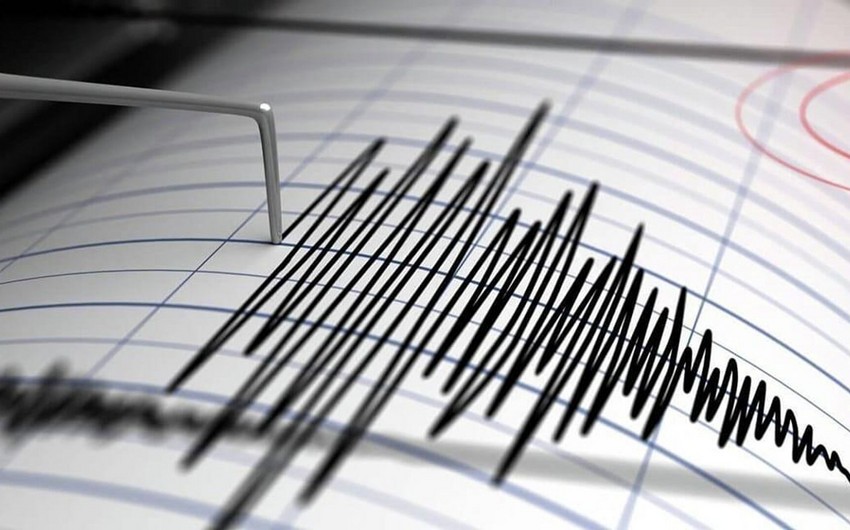After many months of reality show-style talk about potential tariffs, the U.S.-China trade conflict is about to get real. On July 6, the United States and China are each scheduled to impose tariffs on $34 billion worth of imports from the other.
Unless the two sides can reach agreement before then or very soon after, a dangerous, long-lasting, escalating trade war may be under way.
But it is not too late to avoid it, if each country is willing to put down its tariff weapons and use a bit more diplomacy.
The Trump administration initiated this tariff fight on the basis of an investigation under Section 301 of the U.S. trade laws. The investigation identified various Chinese practices related to intellectual property protection, technology transfer and cyber theft that were deemed to be unfair.
To address these practices, the administration brought a complaint at the World Trade Organization (WTO) for one narrow category of measures, but also announced that it would impose 25-percent tariffs on a wide range of Chinese goods, which start with the tariffs on $34 billion of imports on July 6 and later would be extended to around $16 billion of additional imports.
The administration claimed that certain Chinese practices were not covered by WTO rules, and therefore the tariffs were its only option. However, these tariffs are clear violations of U.S. commitments at the WTO. Not surprisingly, China responded by declaring that it would impose tariffs on the same amount of imports.
In an effort to resolve this conflict, the administration and its Chinese counterparts have held multiple rounds of negotiations. The U.S. demands on trade with respect to China are broader than the scope of Section 301 investigation.
As an official document put forward by the administration during talks with China in May makes clear, the administration wants China to make concessions related to the trade deficit, IP protection, investment restrictions and regulatory barriers, among other things.
Despite their efforts, the two sides have not reached agreement, and President Trump just recently announced the possibility of additional tariffs, of $200 billion at first and possibly another $200 billion later. As the July 6 deadline approaches, things are going in the wrong direction.
China does have some protectionist trade practices, but the Trump administration's approach to these issues has been fundamentally flawed. For one thing, the administration's focus on the bilateral trade deficit is misguided.
A bilateral trade balance is the wrong way to measure trade relationships. The trade balance is mainly determined by macroeconomic factors such as savings rates, and trade policy is the wrong focus.
The real problem with China involves issues such as regulatory protectionism, a lack of intellectual property protection and theft of U.S. technologies. But tariff threats are very unlikely to help here. Political factors make it almost impossible for China to cave in response to U.S. bullying.
China believes it has only one option in response to unilateral U.S. tariffs: to respond with its own tariffs. A better approach to these issues would be to rely on WTO litigation, and negotiations where there are gaps in the rules.
Litigation at the WTO has been, and could continue to be, an effective way to open the Chinese market. China's compliance record is better than most people realize, and WTO rules are quite broad.
The United States and others have brought successful complaints against Chinese tariffs, anti-dumping measures, export restrictions and subsidies, among other things.
But there are gaps in trade rules, and some new obligations would be helpful. In particular, stronger disciplines on state-owned enterprises (SOEs), of which there are many in China, are needed. The administration should engage in negotiations with China, either bilaterally or multilaterally, on stricter rules for SOEs.
So far, the U.S.-China talks have involved vague demands. What is needed instead are discussions of concrete proposals, such as detailed rules on SOEs that could apply to China.
The administration's unilateral approach has been lurching back and forth, alternating between tariff threats and vague demands for China to buy more U.S. products.
These purchasing demands may have a short-term effect in addressing President Trump’s trade deficit concerns, but they will not resolve the fundamental conflict here and are therefore doomed to fail.
There are real, structural issues with the Chinese economy that a trade agreement could address. The Trump administration should pivot away from its current approach, which is vague and also confrontational in an ineffective way, and instead take a more productive approach that sets out clear demands and pursues effective solutions.

